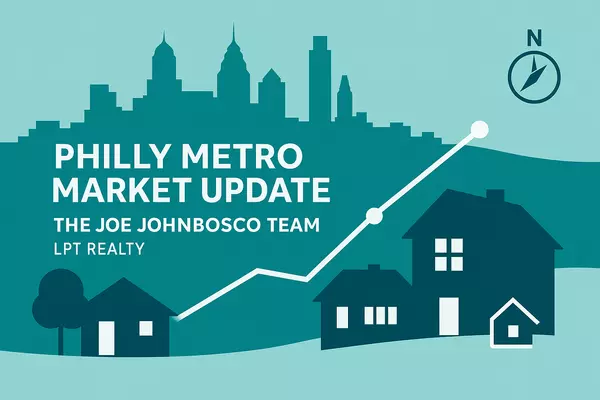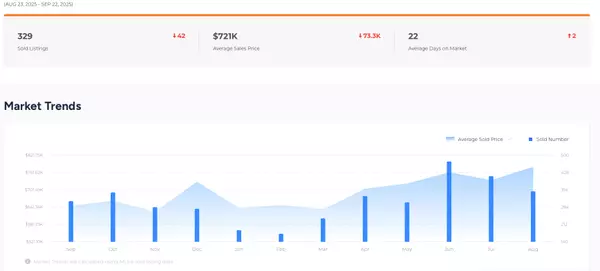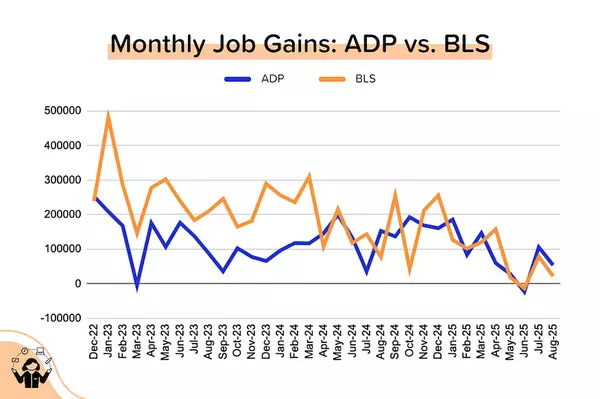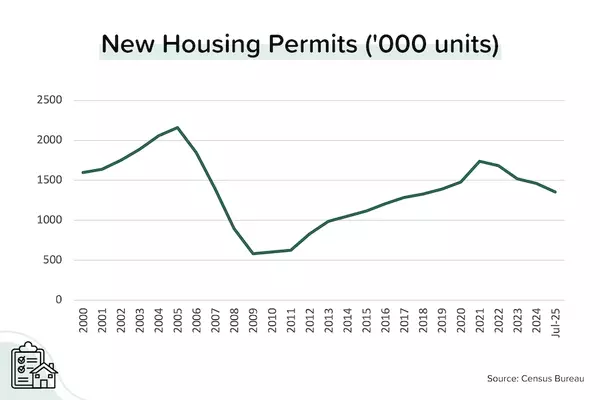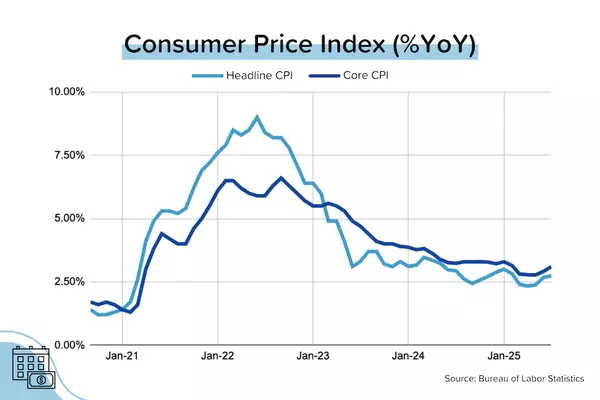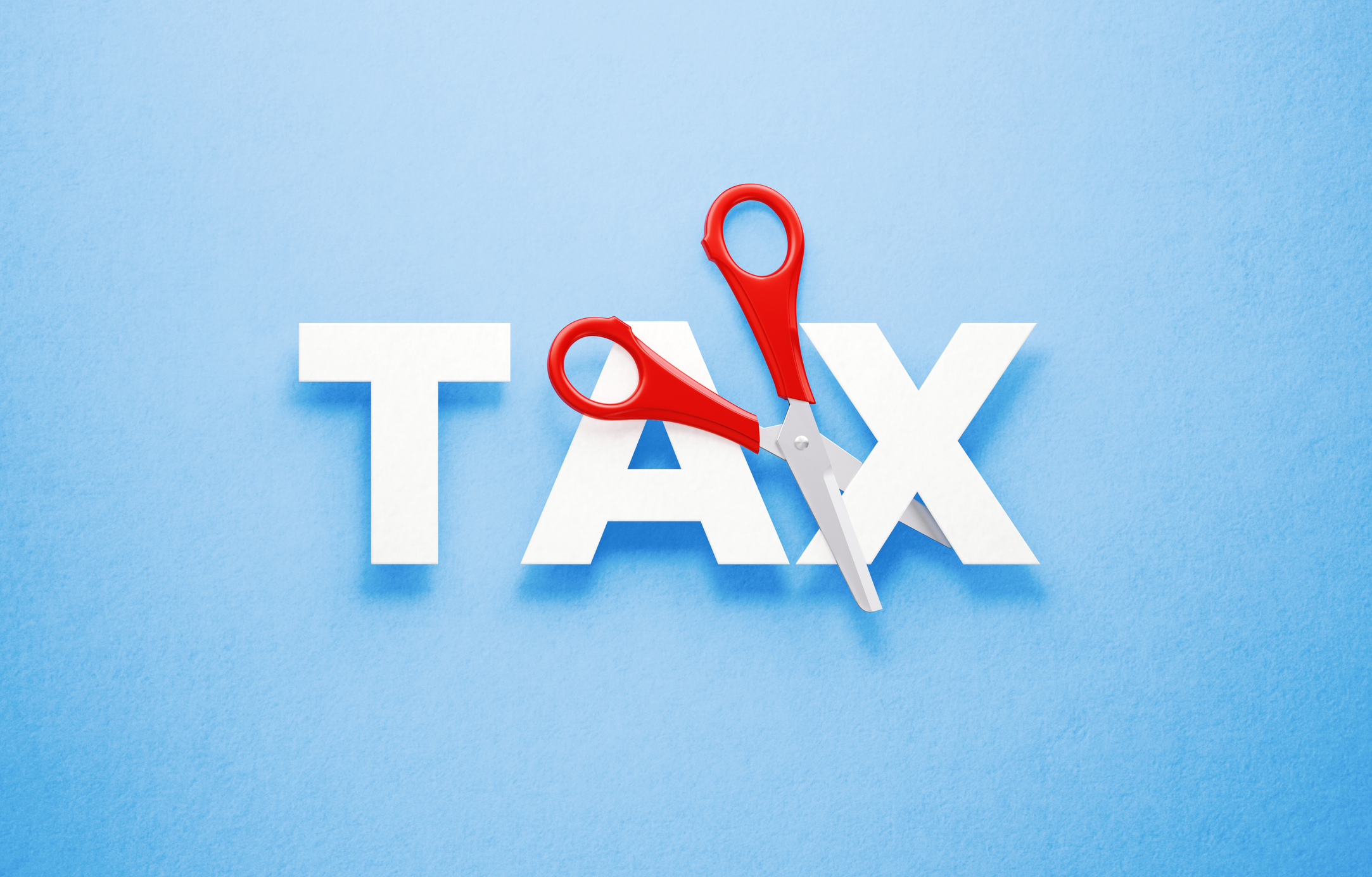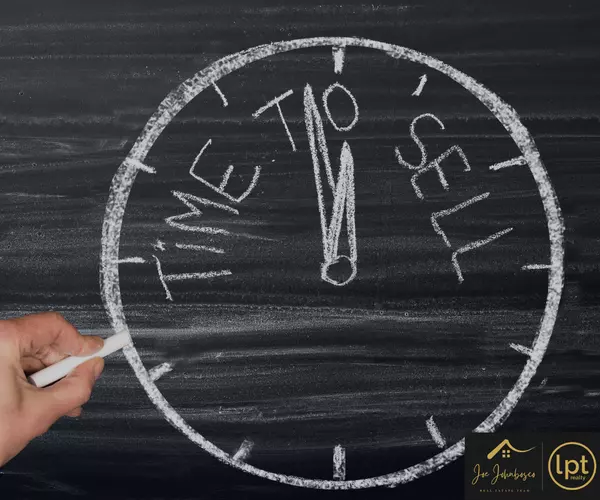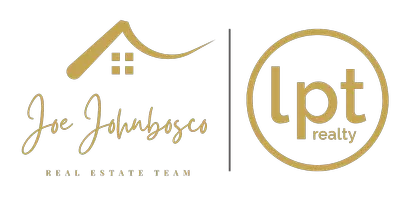Mortgage Questions Every Homebuyer Should Ask—And Understand


Navigating the mortgage process can feel overwhelming, especially with so many options, terms, and numbers being thrown your way. Whether you're buying your first home or your fifth, knowing the right questions to ask—and truly understanding the answers—can save you time, money, and stress.
Let’s walk through some of the most common mortgage questions that homebuyers ask and explore the “why” behind each answer.
🏠 How Do I Choose the Best Loan Program for My Needs?
The best loan program for you depends heavily on your personal financial situation and your long-term plans. Ask yourself:
-
Will my income or expenses change in the next few years?
-
Do I plan to stay in this home for more than five years?
-
Do I want predictable monthly payments—or am I open to changes over time?
-
Do I want to be mortgage-free by retirement or when my kids reach college age?
For example:
-
If you’re buying a starter home and plan to upgrade within a few years, an adjustable-rate mortgage (ARM)might suit you due to lower initial payments.
-
If you're seeking long-term stability, a 30-year fixed-rate mortgage might be your best option.
A knowledgeable mortgage advisor will help you match your answers with a loan structure that aligns with your goals and risk tolerance.
💰 How Much of a Down Payment Do I Need?
While many people still think 20% is the standard, that's no longer the case. You can purchase a home with much less:
-
Conventional loans can require as little as 3–5% down.
-
FHA loans require just 3.5% down.
-
VA and USDA loans may offer 0% down options.
However, if you put down less than 20%, most lenders require Private Mortgage Insurance (PMI). PMI typically costs 0.58% to 1.86% of the original loan amount per year (source: Bankrate.com).
The upside? Once you’ve reached 20% equity, you can request PMI removal—often by simply:
-
Paying for a new appraisal
-
Completing a request form
-
Paying a small lender fee (typically $300–$500)
📉 What Does the Interest Rate Really Mean to Me?
The interest rate directly impacts how much you can borrow and how much you’ll pay monthly.
Example: On a $300,000 loan:
-
At 6.5%, your monthly principal and interest is $1,896.
-
At 7.5%, it's $2,098. (A difference of $202/month or over $72,000 across a 30-year loan.)
Most lenders offer an interest rate lock, which holds your rate for 30 to 60 days while you finalize the loan—helpful in a volatile market.
Also, pay attention to the Annual Percentage Rate (APR), which includes additional costs like points, fees, and mortgage insurance. It gives a more accurate total loan cost.
🔄 What If Rates Drop After I Lock Into a Fixed Rate?
If interest rates drop significantly (commonly 2% or more), and you plan to stay in your home long enough to recoup the closing costs, refinancing may be a smart option.
However, refinancing typically involves:
-
Closing costs (2% to 5% of the loan)
-
Application or origination fees
-
New underwriting and appraisal
Make sure to compare how long it will take to break even before making the switch.
💵 What Are Discount Points?
Points = Prepaid Interest. One discount point equals 1% of your loan amount, and generally reduces your interest rate by 0.25%.
Example:
-
Loan Amount: $300,000
-
1 Point = $3,000
-
Potential savings = ~0.25% off your interest rate
Buying points makes sense if:
-
You plan to stay in your home long-term
-
You want to reduce your monthly mortgage payments
Bonus Tip: Points are often tax-deductible, and you can sometimes negotiate for the seller to pay them during closing.
💼 What’s a Reasonable Loan Fee?
Loan fees (sometimes called "origination fees" or "lender fees") typically range from 0.5% to 1% of the loan amount. In most cases, fees should not exceed 5% of the total loan—unless you’re buying points or opting for a niche loan product.
Breakdown of common fees:
-
Origination Fee: 0.5% to 1%
-
Appraisal Fee: $300–$500
-
Credit Report: $30–$50
-
Underwriting: $400–$600
-
Title Services: $500–$1,000+
Before you commit, ask your lender for a Loan Estimate (LE) that includes a breakdown of all fees and costs. Review this with your real estate professional to ensure you're getting a fair deal.
Final Thoughts
Understanding how mortgage programs, down payments, interest rates, fees, and points work is key to making a confident home purchase. Every detail matters—especially when it impacts your long-term financial future.
Whether you’re a meticulous planner (Compliance), a big-picture strategist (Dominance), a relationship-oriented decision-maker (Influence), or someone seeking peace of mind (Steadiness), making informed mortgage choices will serve you well for years to come.
📊 Useful Resources
Categories
Recent Posts
